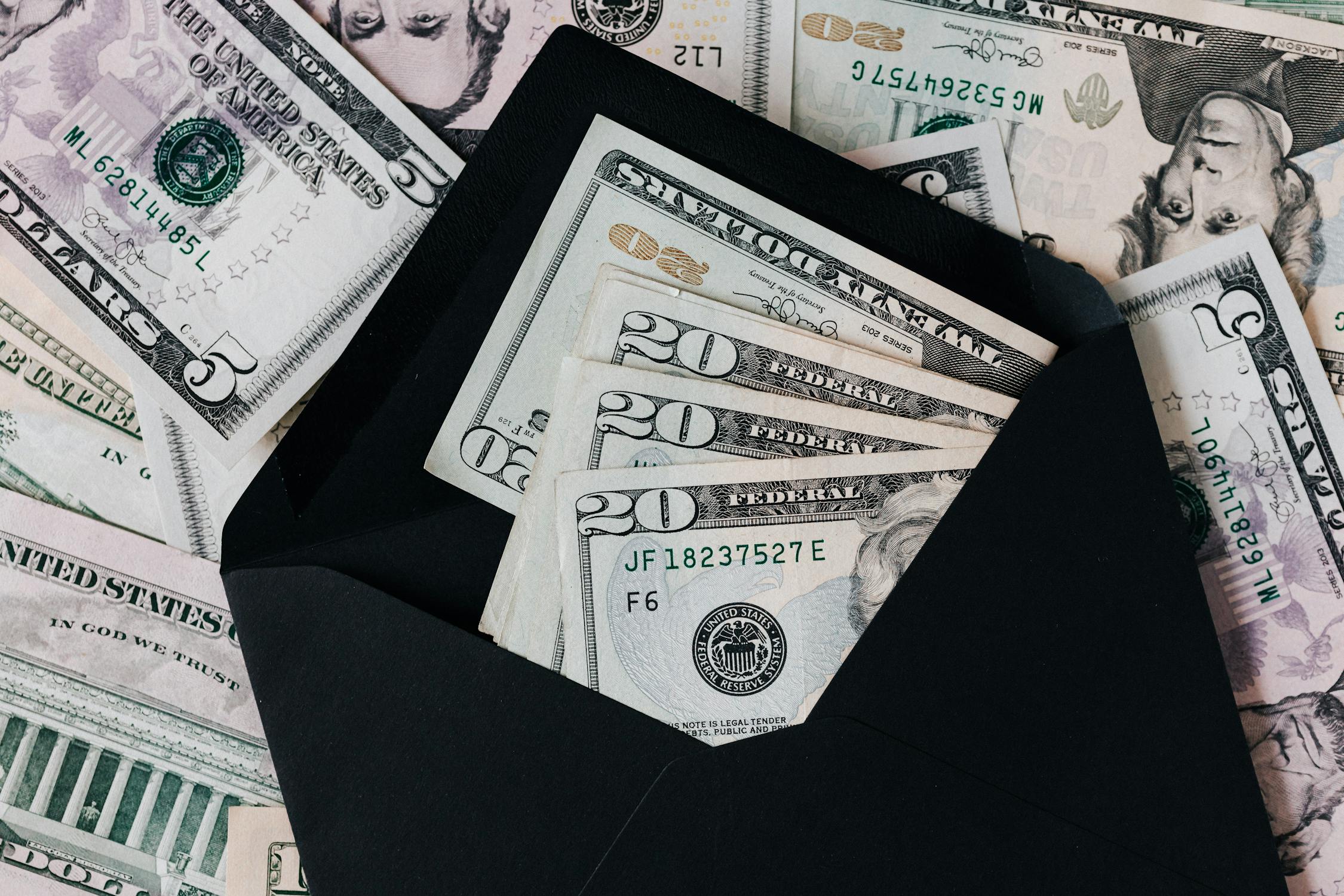Have you ever wondered how some people seem to effortlessly build significant wealth over time? It’s not always about hitting the jackpot or having an enormous starting capital. More often than not, it’s about understanding and harnessing a fundamental financial principle: the magic of compound interest. It’s a concept that can seem complex at first glance, but once you grasp its simple power, it can fundamentally change your financial trajectory. Ready to unlock the secret to long-term financial growth? Let’s dive in! 😊
What Exactly is Compound Interest? 🤔
At its core, compound interest is simply “interest on interest.” Instead of just earning interest on your initial principal, you earn interest on both your original investment and the accumulated interest from previous periods. This creates an accelerating growth effect, often described as the “snowball effect” or the “eighth wonder of the world” by Albert Einstein. It’s a powerful force that works silently in the background, steadily increasing your wealth over time.
To put it simply, imagine you invest $1,000 at a 5% annual interest rate. In the first year, you earn $50. With simple interest, you’d continue to earn $50 each year. But with compound interest, in the second year, you’d earn 5% on $1,050, not just $1,000. That extra $2.50 might not seem like much, but over decades, these small additions snowball into substantial sums.
The frequency of compounding matters. Interest can compound annually, semi-annually, quarterly, monthly, or even daily. The more frequently your interest compounds, the faster your money grows, as you start earning interest on your earned interest sooner.
The Unstoppable Power of Time and Consistency 📊
The true magic of compound interest is revealed over long periods. Time is your greatest ally. A recent report by Wealth Insights Magazine in Q3 2025 highlighted that individuals who started investing before age 30 accumulated, on average, three times more wealth by retirement than those who started after 40. This isn’t just a coincidence; it’s the direct result of compounding having more time to work its magic.
Consistency is equally vital. Regular contributions, even modest ones, significantly amplify the compounding effect. Think of it as continuously adding snow to your snowball as it rolls down the hill. The average annual return for a diversified portfolio, such as one tracking the S&P 500, has historically been around 9-10% over the long term, providing a solid foundation for compounding.
Key Factors Influencing Compound Growth
| Factor | Description | Impact on Compounding | Notes |
|---|---|---|---|
| Time Horizon | The length of time your money is invested. | The longer the time, the greater the compounding effect. | Start early! |
| Interest Rate | The annual percentage return on your investment. | Higher rates lead to faster growth. | Seek reasonable, diversified returns. |
| Contribution Amount | The initial investment and subsequent additions. | Larger and more consistent contributions accelerate growth. | Automate savings. |
| Compounding Frequency | How often interest is calculated and added to the principal. | More frequent compounding (e.g., daily) is better. | Check account terms. |
Inflation can erode the real value of your compounded returns. While your nominal balance grows, ensure your investments are outpacing inflation (e.g., 3-4% in 2024-2025) to truly build wealth. Don’t let your money lose purchasing power!
Key Checkpoints: Remember These Essentials! 📌
Have you followed along well so far? As this article is quite extensive, let me recap the most crucial points. Please keep these three things in mind above all else.
-
✅
Start Early, Stay Consistent
The earlier you begin investing, and the more consistently you contribute, the more time compound interest has to work its exponential magic. -
✅
Understand Real Returns
Always consider inflation when evaluating your investment returns. Your goal is to grow your purchasing power, not just your nominal balance. -
✅
Leverage Tax-Advantaged Accounts
Utilize retirement accounts like 401(k)s and IRAs to maximize your compounding potential by deferring or avoiding taxes on your gains.
Strategies to Maximize Compounding 👩💼👨💻
Now that you understand the mechanics, let’s talk about how to actively harness compound interest. The key is to automate your savings and investments, making it a consistent habit rather than a sporadic effort. Many financial institutions offer automatic transfers, allowing you to set it and forget it.
Consider diversifying your investments across various vehicles. While high-yield savings accounts offer modest compounding, they are typically outpaced by inflation. For more significant growth, look into:
- Retirement Accounts (401(k), IRA): These offer significant tax advantages, allowing your investments to grow tax-deferred or tax-free, which supercharges compounding.
- Index Funds and ETFs: These provide broad market exposure and diversification, often with lower fees than actively managed funds. They are excellent vehicles for long-term compound growth.
- Robo-Advisors: A growing trend, especially among younger investors, robo-advisors make investing accessible and affordable, often automating portfolio rebalancing to maintain optimal growth.
- Real Estate: Through rental income and property value appreciation, real estate can also offer compounding returns, though it requires more active management.
Don’t let market volatility scare you. Historically, markets recover and grow over the long term. Panicking and withdrawing funds during downturns is one of the biggest mistakes investors make, as it interrupts the compounding process. Stay invested!
Real-World Example: Sarah’s Compounding Journey 📚
Let’s illustrate the power of compounding with a hypothetical example. Meet Sarah, who started her investment journey early and consistently.
Sarah’s Situation
- Age: 25 years old
- Initial Investment: $1,000
- Monthly Contribution: $200
- Assumed Annual Return: 8% (compounded annually)
- Investment Horizon: Until age 65 (40 years)
Calculation Process
1) Over 40 years, Sarah invests a total of $1,000 (initial) + ($200/month * 12 months/year * 40 years) = $1,000 + $96,000 = $97,000.
2) Using a compound interest calculator, we can project her future value.

Final Result (at age 65)
– Total Invested: $97,000
– Estimated Portfolio Value: Approximately $680,000
Sarah’s example clearly demonstrates that by investing a relatively small amount consistently over a long period, the power of compound interest can turn a modest investment into a substantial retirement nest egg. The vast majority of her final wealth came from the compounded returns, not just her contributions.
Wrapping Up: Key Takeaways 📝
The principle of compound interest is not a secret reserved for the wealthy; it’s a fundamental concept accessible to everyone. It’s about patience, discipline, and understanding that time is your most valuable asset when it comes to growing your money.
By starting early, investing consistently, and choosing appropriate investment vehicles, you can harness this incredible force to build significant wealth over your lifetime. Don’t underestimate the power of small, consistent actions. Your future self will thank you! If you have any questions, feel free to ask in the comments below! 😊
Compound Interest Essentials
(Where n = compounding frequency, t = time in years)
Frequently Asked Questions ❓
